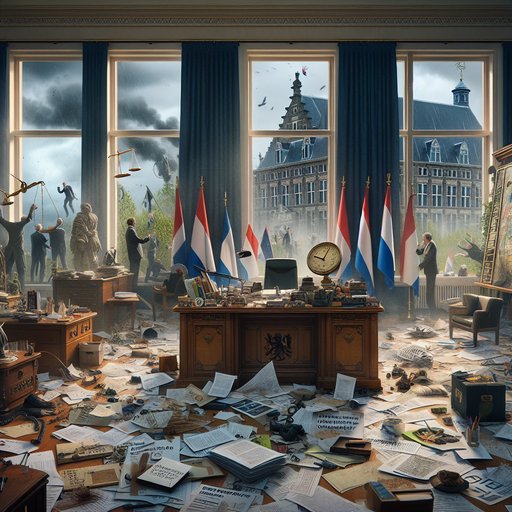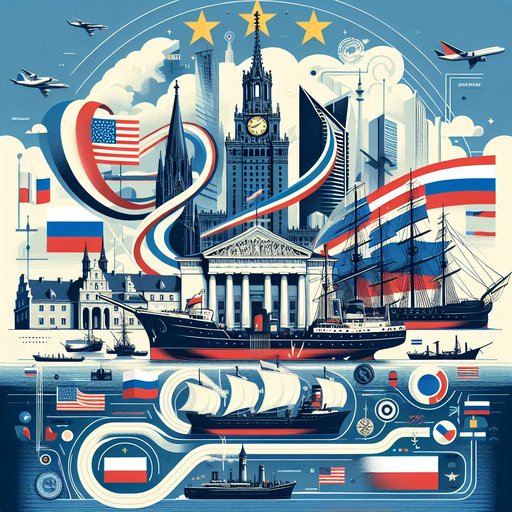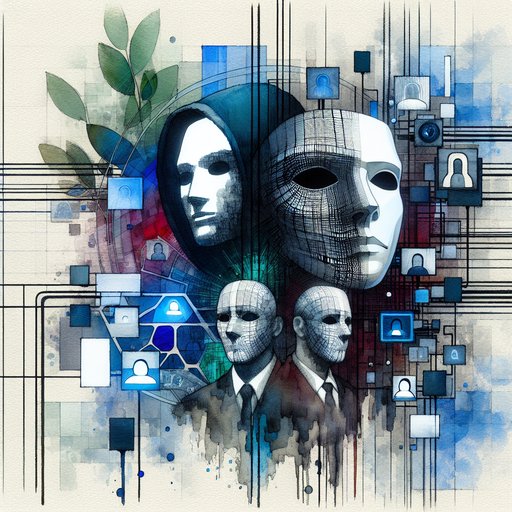- Details
- Written by: Alex Dupcheck

Today, MPs are poised to make a landmark decision on the decriminalization of abortion, thrusting the nation into a fierce debate over the balance between protecting society's most vulnerable members and upholding personal responsibility. As lawmakers prepare to cast their votes, it is imperative to consider the broader implications of this legislation. While society has a duty to support the weakest among us, it must also encourage individual accountability to prevent dependency and foster robust communities.
- Details
- Written by: Alex Dupcheck

On June 3, 2025, the Dutch political landscape was shaken to its core when Geert Wilders, leader of the far-right Party for Freedom (PVV), abruptly withdrew from the coalition government led by Prime Minister Dick Schoof. This dramatic move, triggered by disagreements over asylum and migration policies, has toppled the fragile Schoof Cabinet after just 11 months in office, plunging the Netherlands into a fresh wave of political uncertainty. The collapse, driven by Wilders’ insistence on adding stringent immigration restrictions beyond the coalition’s original agreement, has left his coalition partners—the center-right VVD, the centrist New Social Contract (NSC), and the populist Farmer-Citizen Movement (BBB)—reeling, and it raises serious questions about the future of Dutch governance. With Prime Minister Schoof expected to tender his resignation and new elections looming, the fallout from this crisis reveals the volatility of coalition politics and the precarious position of Wilders as both a political force and a pariah.
- Details
- Written by: Alex Dupcheck

Recent geopolitical developments have heightened tensions in Eastern Europe, with Poland intercepting a Russian ship allegedly part of a sanctioned shadow fleet. This incident comes amid ongoing conflicts and political unrest in the region, including Russian military actions in Ukraine and a Romanian court's decision on a contested election. These events underscore the complex and volatile nature of current international relations in Eastern Europe.
- Details
- Written by: Alex Dupcheck

The recent U.S. House bill granting AI companies a shield from state-level oversight comes as a stark reminder of how anonymity can become a tool for chaos rather than discourse. As AI firms gain unprecedented 'total control' [6], the decision to silence state voices not only risks unchecked corporate power but mirrors the unregulated anonymity plaguing social media. Both scenarios illustrate how anonymity, when left unchecked, undermines trust and accountability in public dialogue.







































